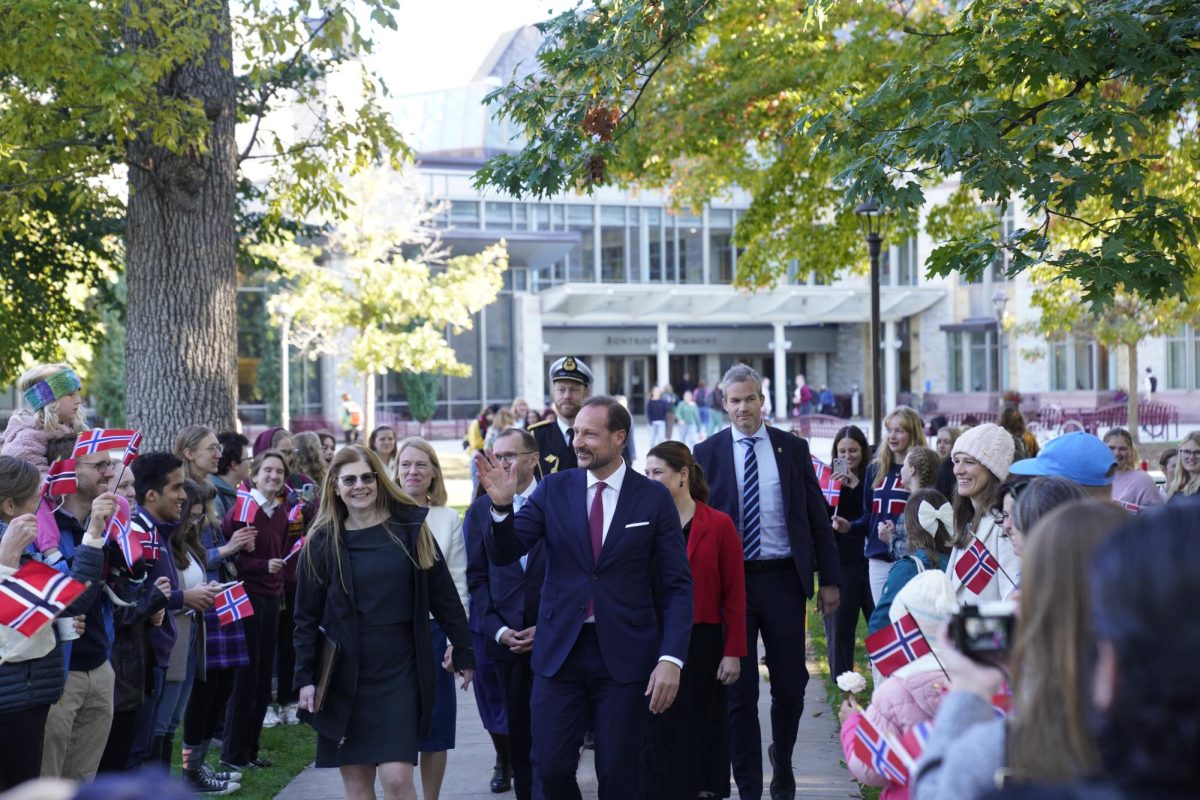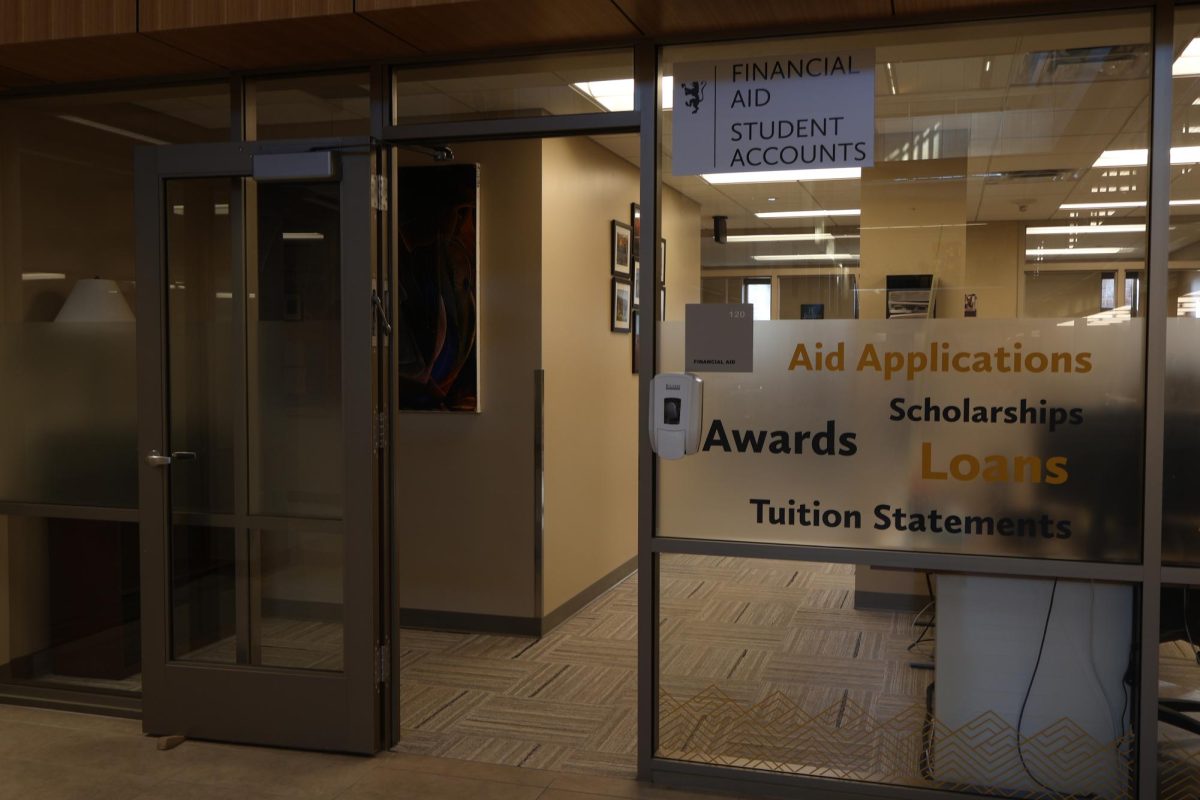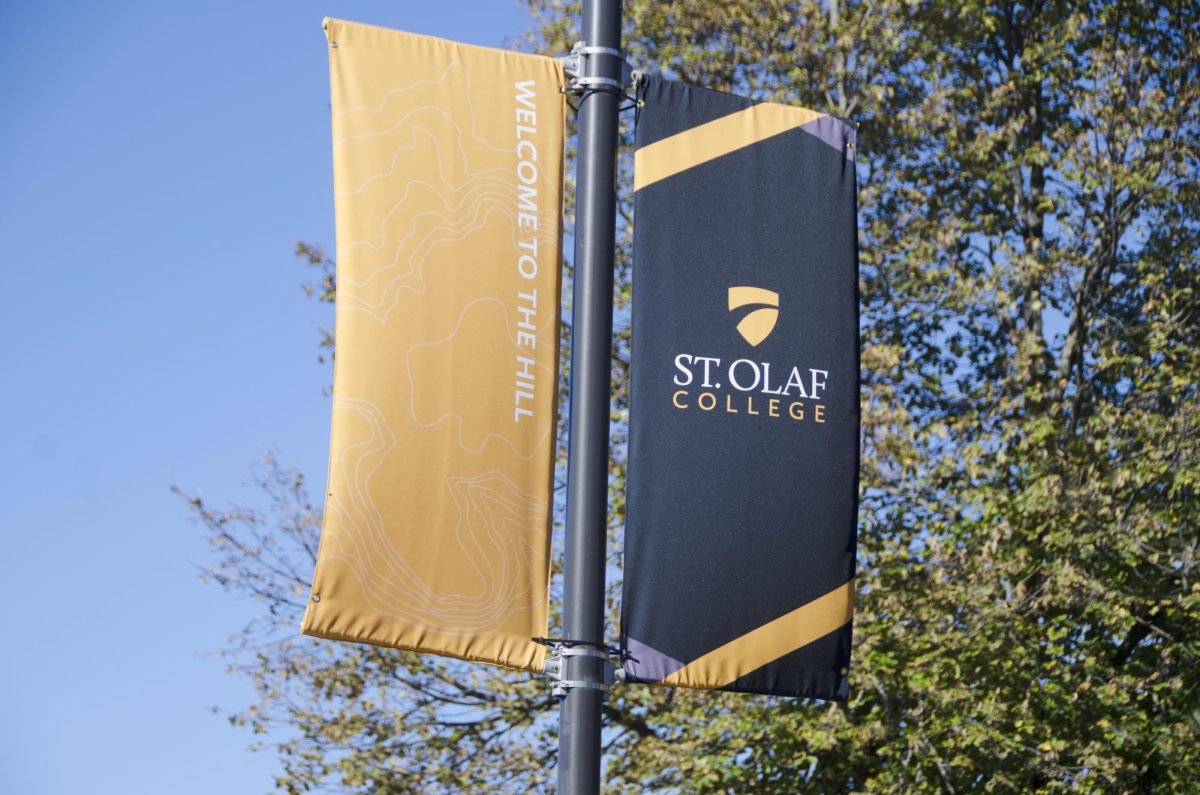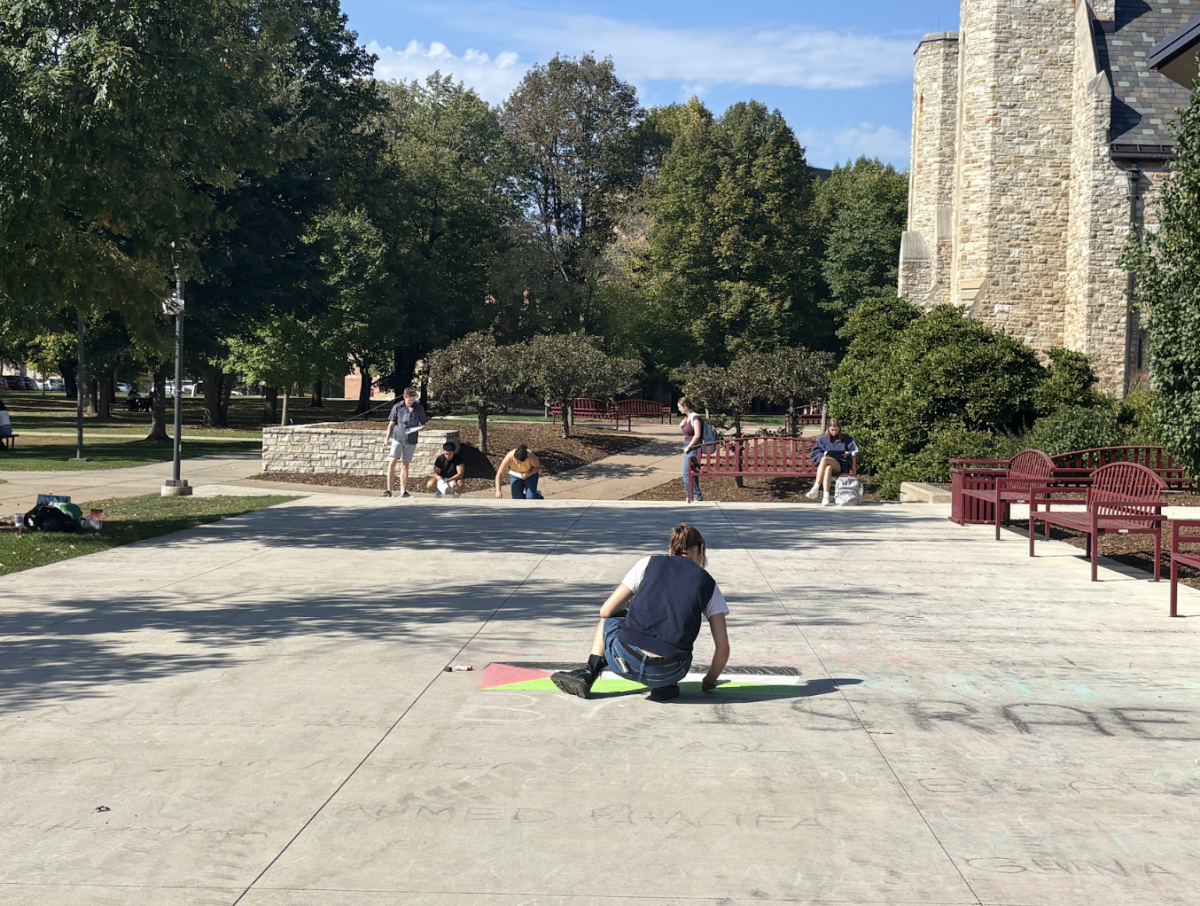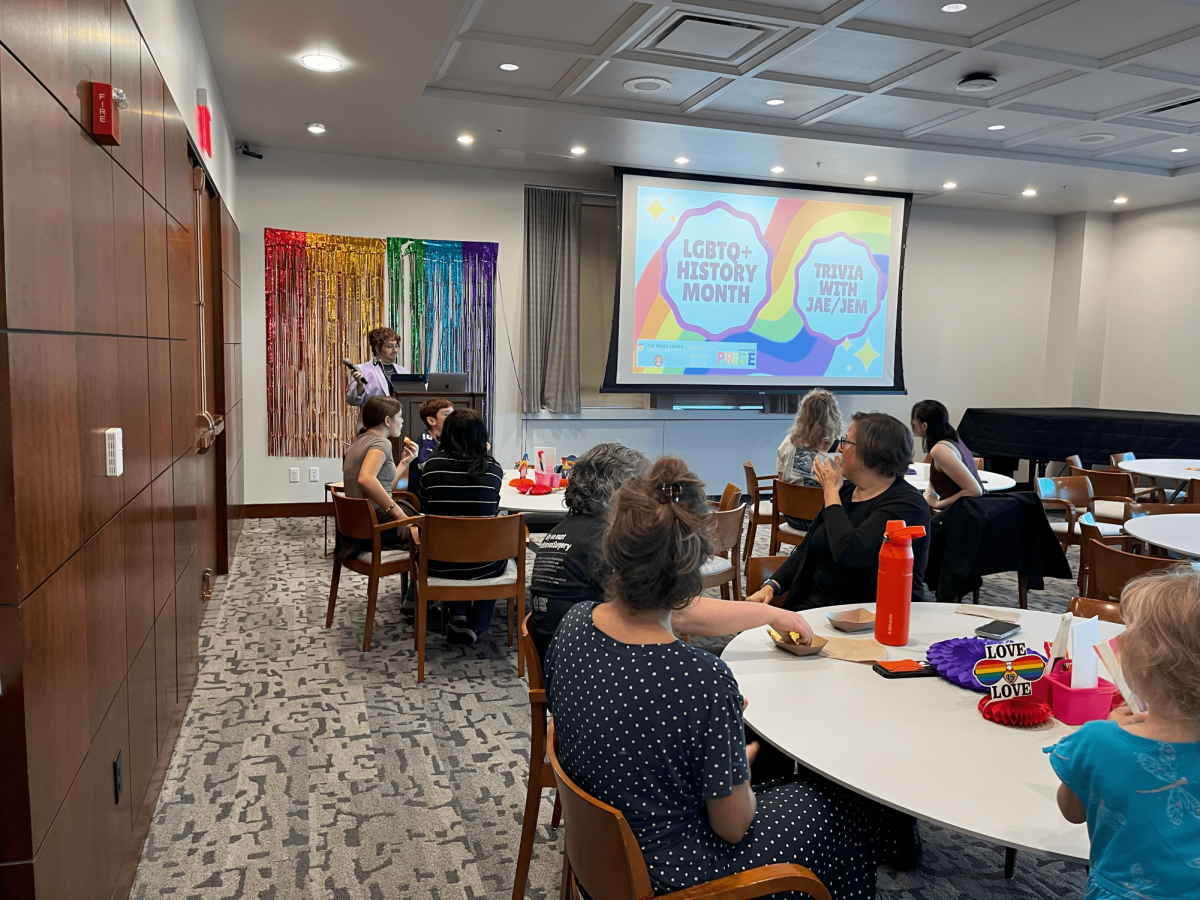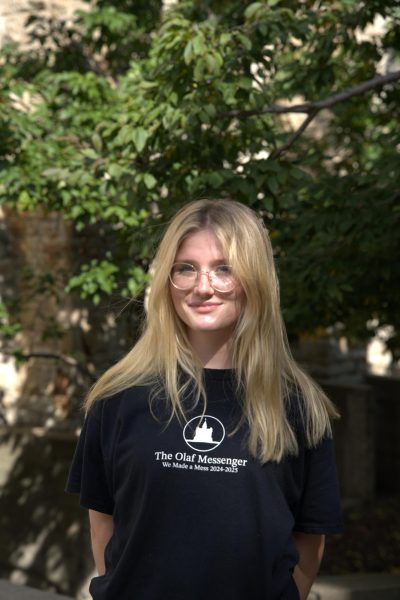As the new presidential administration continues to roll out unpredictable policies on immigration, foreign aid, and the like, universities and colleges such as St. Olaf face uncertainty about what comes next.
With 10.4% of St. Olaf’s student body being categorized as a “non-resident international student” as of fall 2024, concerns over career prospects, visa restrictions, and the broader political climate have led to an increase in anxiety for some international students.
“Most of [the anxiety] is definitely brought on by how unpredictable Trump is right now, and also just his previous policies,” said Interim International Student Senator Lukhanyo Zwane ’27, who is from South Africa.
President Trump’s first term in office was fraught with changes for immigrant and international communities alike. During his term, the administration made several attempts to limit the H-1B visa programs, which allows individuals with foreign passports to work in the U.S, implemented a travel ban to the U.S. on majority-Muslim countries, and remained steadfast in his pro-America economic and social policy — which often meant deprioritizing the country’s international populations.
So far in his second-term presidency, Trump has not turned attention to foreign students studying in the U.S, but the possibility of policy shifts has created an atmosphere of uncertainty, leaving many international students anxiously awaiting updates on their ability to remain in the U.S. after graduation.
“Most international students are just a bit unsure about what’s going to happen, [with] all the restrictions on visas, how visas might change, especially F-1 visas and the post-grad visas that would allow them to stay,” said Secretary of Global Impact Luanga Kasanga ’25, who is an international student from the Democratic Republic of the Congo.
The F-1 visa is a non-immigrant student visa that allows foreign individuals to study in the U.S. According to Reuters, however, student visa approval rates barely changed during Trump’s first term. Post-grad visas, however — such as HB-1 visas — could still become more complicated to acquire.
“Obviously, there’s a lot of uncertainty…. I want to pursue a career in the policy field and employers do not know how things are going to move forward. It’s very much a mess right now. I don’t know if there’s even space for international students to enter the field,” said Wiwin Suryani ’25, an international student from Indonesia.
Others might argue that the effects of Trump’s policies are already here. Zwane pointed to Trump’s executive order targeting international students who have protested Israel as a source of anxiety. The order, aimed at combating antisemitism on college campuses, threatens deportation for those involved.
Suryani also mentioned how the effects of cutting foreign aid might be felt by international students and their families across the world.
“I have a friend whose family’s livelihood depends on [foreign aid], and it is very devastating to hear that, and that’s actually happening,” Suryani said.
From an administrative perspective, there is not much that can be done. There simply is not any information about what could or could not change regarding F-1 and HB-1 visas.
“Right now, it appears everything is going to be the same,” said Director of the Taylor Center Martin Olague.
Vice President for Community and Belonging Eduardo Pazos Palma mirrored this sentiment.
“Students who already have an F-1 visa do not have to worry about any changes having a significant effect on them for the moment. We are potentially expecting to see longer processing times, but that is for first-time visa applicants, which is not the case for our existing students,” said Pazos Palma in an email interview with The Olaf Messenger.
Pazos Palma also recommends making sure students who are traveling make ample time between flights or at ports of entry in case the lines are longer than usual, noting this is not exceptionally rare to see through the year.
“As always, make sure you check in with our international student offices in the Taylor Center to make sure you have all your documents in order. But again, there is no need for any concern at the moment,” Pazos Palma said.
Olague stresses that if a student is experiencing anxiety in facing possible challenges with their visa, reaching out is recommended.
“We currently want to just make sure the students know they could come to us, ask us questions, and hopefully we have the answer that makes them feel best at ease, but we will always give them a truthful answer,” Olague said.
